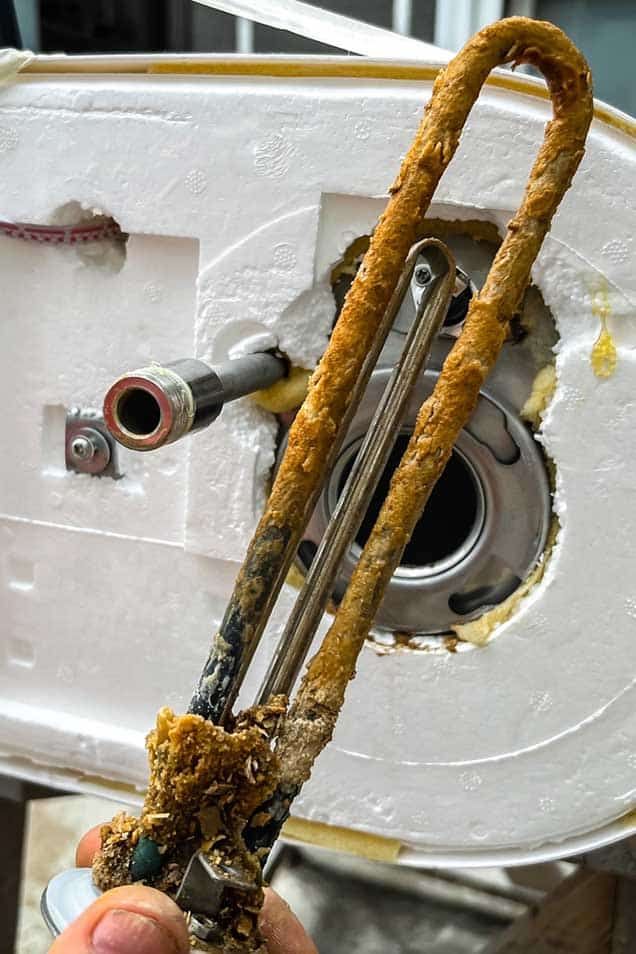
Ill Effects of Hard Water on Water Heaters
Hard water is a common problem in the United States. Most homes are not equipped with a reverse osmosis system, mainly because they are unaware that there is hard water in their supply. It can be a serious problem for you and your water heater. Your water heater is designed to heat water but can be contaminated by hard water deposits in the tank. This can force you to pay extra money for your heating bill.
Let Trust 1 Services, the expert in water heater repair in Quincy, MA, explain here the ill effects of hard water on your water heater.
Reduced Efficiency
Hard water contains minerals that deposit on the internal parts of the tank. This reduces heat transfer between the water in the tank and the elements within. As a result, it takes time to heat up, inconveniencing your shower, laundry, or dishwashing. For a tankless water heater, the mineral deposits cause premature burnout of electric heating elements. Therefore, there would be a need for early replacement.
Shorter Lifespan of Your Water Heater
Because hard water contains more minerals, it accelerates corrosion inside your water heater. This puts pressure on your water heater, causing frequent damage. As repairs become more frequent, you’re likely to be better off with a new water heater replacement.
Frequent Tank Drainage
It’s important to drain your water heater tank once every year to remove sediment buildup at the bottom of the tank. However, with hard water, there’s more buildup of sediments. Because of this, you’ll need more frequent water heater maintenance procedures. This wastes your water, time, and money.
You can expect a shorter lifespan and higher costs from your water heater when using hard water. That’s why installing a reverse osmosis system is well worth the investment. Turn to Trust 1 Services for all your water heater installation, repair, and maintenance needs. Contact us today to schedule an appointment!